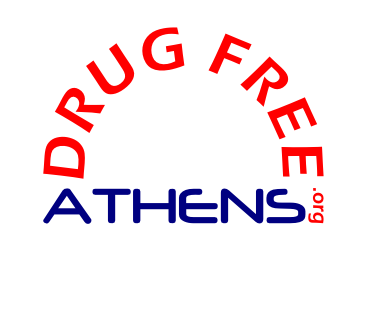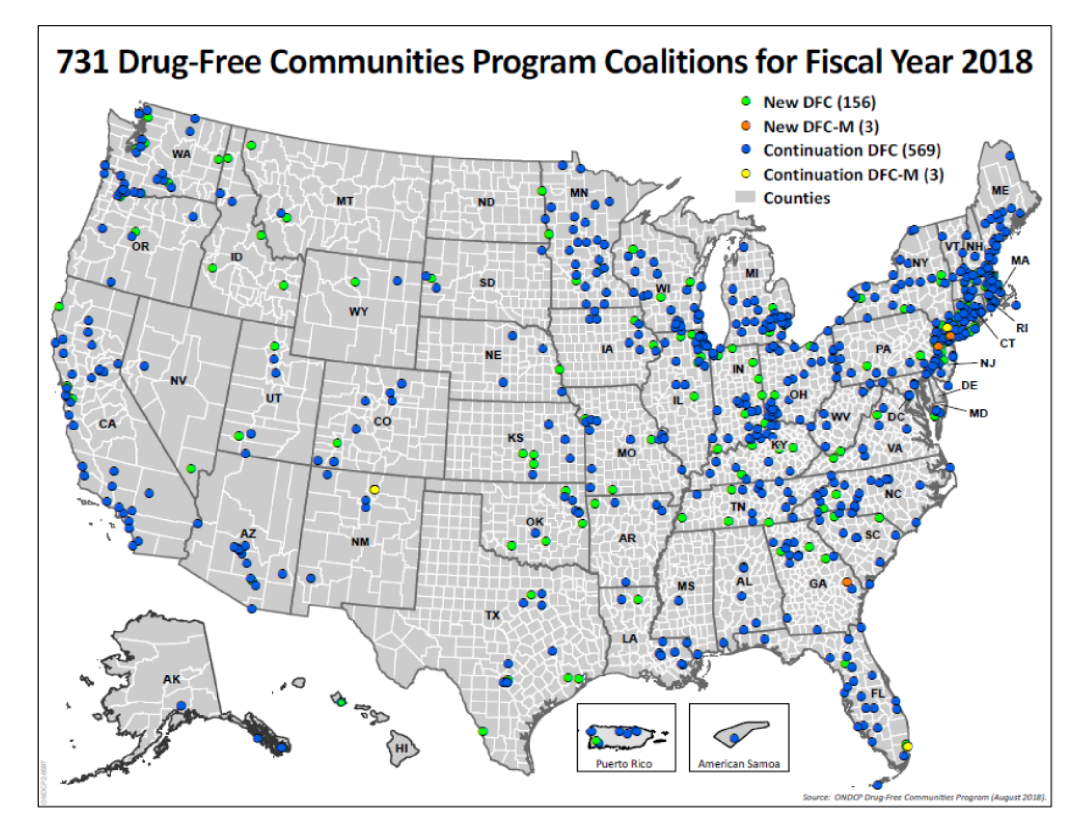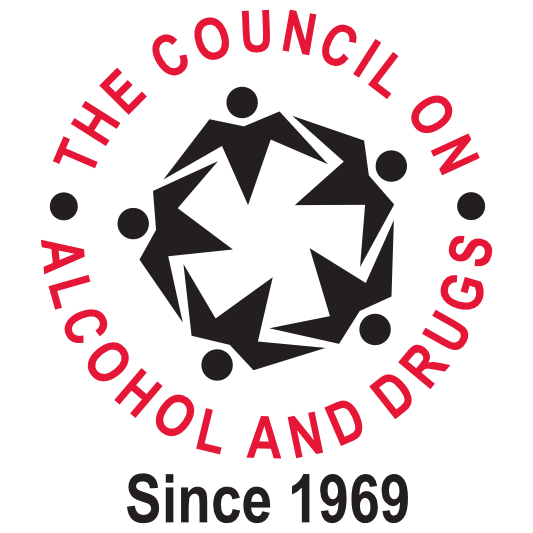
Substance Abuse Prevention Coalition of Athens (SAPCA)
DFC grants are intended to support community-based coalitions. The Substance Abuse Prevention Coalition of Athens (SAPCA) is a community-based formal arrangement for cooperation and collaboration among groups or sectors of a community in which each group retains its identity, but all agree to work together toward a common goal of building a safe, healthy, and drug-free community. The SAPC Vision is to have the Athens-Clarke County community free from the abuse and misuse of drugs.
The mission of Substance Abuse Prevention Coalition of Athens (SAPCA) is to reduce the use of alcohol and marijuana by the Athens-area youth by promoting awareness and education of substance abuse and its consequences through community engagement.
Sector Representatives
- Rick Dunn - Media
- Sergeant Laura Lusk - Other Organization Involved in Reducing Substance Abuse
- Samantha Presley - Parent
- Saniah Scie - Youth
- Judge Amanda Trimble - State/Local/Tribal Government
- Jada Harrison - Youth Serving Organization
- Chrystal Gillis - School
- Sycarah Fisher- School (Higher Education)
- Dr. LaTrina Slater - Healthcare Professional
- Betty Booker - Religious/Fraternal Organization
- Sergeant John Williams - Law Enforcement
- Tasha Nicholson - Civic/Volunteer Organization
- Natasha Strother - Business
Strategic Partners
The Council on Alcohol and Drugs has a long history of collaboration, consensus building and utilization of volunteers. The Council was formed in 1969 as a 501(c)3 charitable organization under the name Metropolitan Atlanta Council on Alcohol and Drugs (MACAD). The organization was created to serve as a central agency for the purpose of bringing together fragmented efforts into a comprehensive approach to combat alcohol and other drug abuse.
During the 1970s, The Council evolved into a traditional alcohol and other drug agency, providing services in the areas of prevention education, information dissemination, advocacy and referrals for alcohol and other drug treatment. The Council established a presence during each General Assembly convocation with recommendations and technical assistance in the area of alcohol and other drug issues.
During the 1980s The Council developed nationally-recognized alcohol and other drug early-intervention curricula, the school-based middle and high school program, Substance Use Prevention and Education Resource (SUPER I) and the community-based SUPER II program for youth 12 to 17, and their parents, as well as continuing the services listed above.
The early 1990s saw the development of the innovative elementary level program SUPER STARS (Self Esteem Through Arts and Recreation Sessions), as well as the establishment of the Atlanta Prevention Connection, a community alcohol, tobacco and other drug prevention coalition. Since the 1990s, The Council has been providing information and training to businesses in order to assist them in qualifying for certification as drug free workplaces. Certified drug free workplaces receive discounts on workers' compensation insurance premiums. During this same time period, The Georgia Alcohol Policy Partnership (GAPP) coalition was formed. This coalition has been instrumental in educating the public and legislators alike about the effects of underage drinking in Georgia and has helped make significant progress in the effort to reduce underage drinking. The Council maintains and provides innovative and essential alcohol, tobacco and other drug services, such as a drug and alcohol prevention course for educators and addiction counselors and an information and referral line for treatment and prevention information.
The Council has successfully provided alcohol, tobacco and other drug prevention services since its founding, and the agency has not lost sight of its original goal of bringing together all aspects of communities to combat substance abuse.
Prevention/Intervention Mission
To affect the attitudes, skills, and behaviors of children, adolescents, parents and other adults through providing evidence-based, state-of-the-art, and relevant strategies, services and programs to help empower the persons being served to live or help others to live alcohol and drug-free lives.
To learn more about The Council on Alcohol and Drugs please visit: www.LiveDrugFree.org
About The DFC Support Program

Happy 20th Anniversary Drug Free Communities! The placement and structure of the DFC Program within ONDCP was part of the original authorizing statute passed by Congress on June 1997.
DFC is a unique substance abuse prevention program because funds go directly to the community versus through the State. The ONDCP was recently awarded funding in the amount of $90.9 million dollars to provide services to the communities of the DFC grant.
Goals of the Program:
- To establish and strengthen collaboration among communities, nonprofit agencies, and Federal, state, local and tribal governments to support the efforts of community coalitions to prevent and reduce substance use among youth.
- To reduce substance use among youth and, over time, reduce substance abuse among adults by addressing the factors in a community that increase the risk of substance abuse and promoting the factors that minimize the risk of substance abuse.
Theory of the DFC Program:
- By mobilizing community leaders to identify and respond to the drug problems unique to their community, the DFC Program is designed to change the entire community environment.
- Focusing on environmental change ultimately contributes to reductions in substance use among youth, and over time, among adults.
Copyright 2018 | Drug Free Athens
